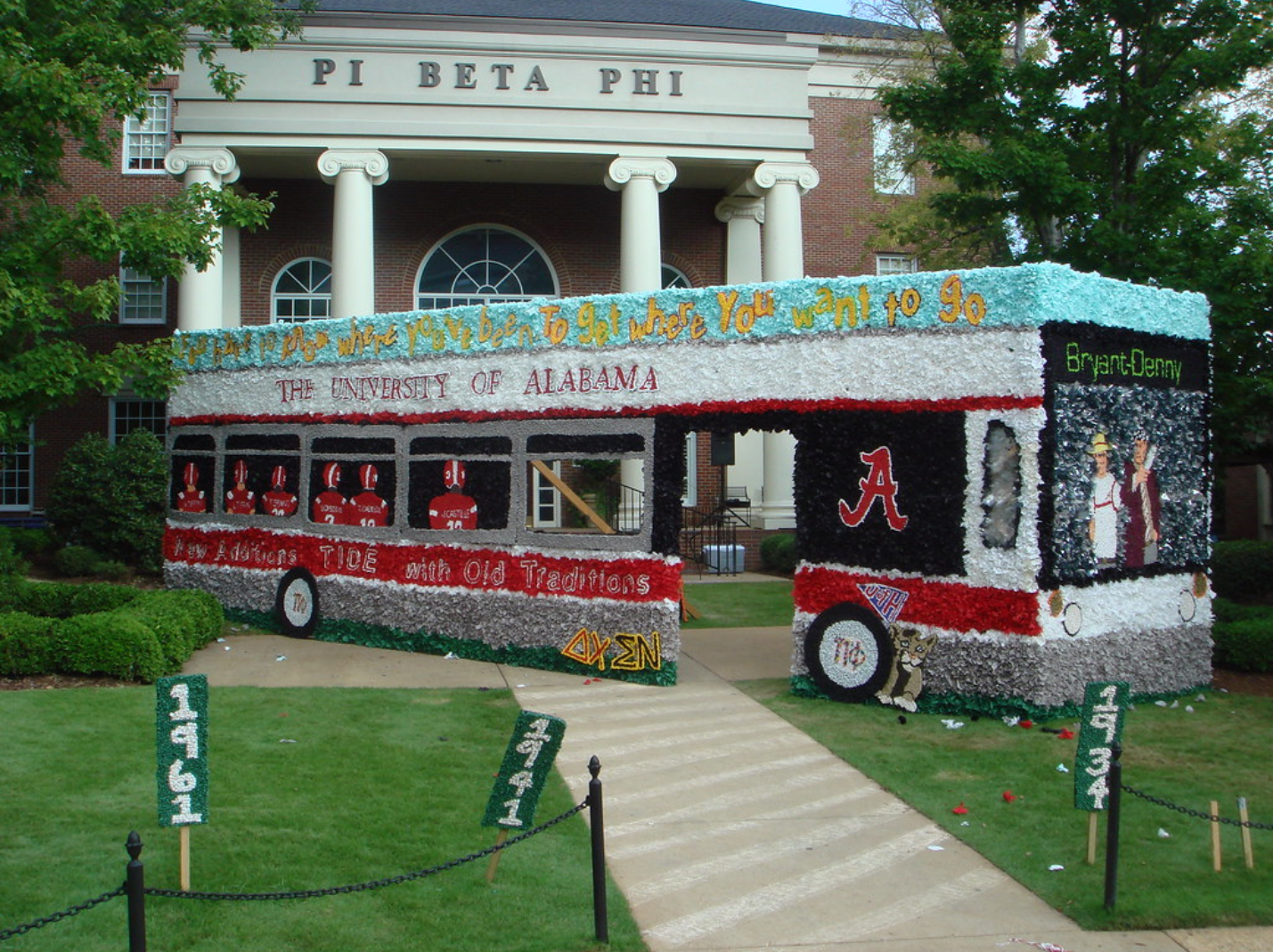
In Season 5, Episode 7 of Gilmore Girls, Rory Gilmore—ever the ambitious Yale student journalist—follows whispers and cryptic clues to the Life and Death Brigade, a secret society of Yale’s wealthy elite known for their reckless, over-the-top spectacles. Her way in comes through Logan Huntzberger, the heir of a media dynasty and a core member of the club—someone Rory would ultimately date. To get the story, Rory submits to their initiation: blindfolded, spirited away to a remote site, and dropped into a bizarre carnival. She watches as tuxedoed classmates toast with champagne and leap from scaffolds in choreographed trust falls. What began as campus gossip becomes a window into a hidden world where the right connections carve a preordained path to wealth and power.
This fictional portrayal resonates because it reflects a truth about Yale’s actual, shadowy traditions. Real-life societies, most notably Skull and Bones—founded in 1832—boast an illustrious roster of alumni, including presidents such as William Howard Taft and both daddy and baby Bush, alongside senators, cabinet officials, and Wall Street magnates. Though shrouded by guarded secrets, the society’s influence is undeniable: membership functions as a golden key to America’s most exclusive circles of power. The deal, as described even in mainstream accounts, is straightforward—pledge loyalty, divulge your secrets (including, reportedly, one’s full sexual history), and in return receive the lifelong protection and advancement of your “brothers.”
The point is this: at college, it is not education that most determines your future, but association. And that, in miniature, is America’s actual divide.
[RELATED: The ‘Inequality’ Movement–A Campus Product]
Inequality is a constant refrain of our politics. It was certainly the dominant theme in the debates students so often pressed upon Charlie Kirk, whose assassination yesterday only underscores how important it is that we challenge assumptions of economic inequality. Too often, inequality is framed exclusively through a racial lens, casting white Americans as oppressors—a narrative Kirk frequently and rightly contested. The deeper truth is that inequality is manufactured in ways that transcend race: through clubs, fraternities, and societies that decide who belongs and who doesn’t, shaping who rises and who remains stuck.
And this dynamic doesn’t stop with Skull and Bones. (Nor is it merely an Ivy League quirk, though it’s no accident that all but one of the current Supreme Court justices hail from those cloistered halls.) The dynamic replicates itself at colleges and universities across the country.
According to the Hawk, St. Joseph’s University—a private university in Philadelphia—has about twenty-two percent of undergraduates involved in fraternities or sororities. These organizations promise leadership training, philanthropy, and lifelong friendship, but the costs are significant: sororities charge upwards of $715 per semester, while fraternities often cost even more once social events, formal attire, and additional apparel are factored in. Add in the time commitments, and it’s clear that students from lower-income families are filtered out. (The reliability of the Hawk’s reporting may be uncertain, and their citation of a 2007 Princeton study may not perfectly reflect current numbers, but the broader picture remains consistent across multiple reports.) Greek life is, in practice, a class marker. Those who can pay in gain access to mentorship, alumni networks, internships, and lifelong professional connections. Those who can’t are left outside the gates.
Nothing illustrates this more vividly than the recent “RushTok” phenomenon, which turned the University of Alabama’s sorority recruitment into a national spectacle.
Videos of young women in coordinated outfits dancing in front of columned mansions went viral. A friend of mine pointed out that many on the right embraced these clips as a sign of a cultural vibe shift. “In Trump’s America,” the videos implied that, “women are once again unapologetically hot, sociable, and patriotic.”
What the right misses, however, is that these clubs are for the wealthy, by the wealthy, and sustained by wealth. The New York Post reports that some recruits spent thousands on handbags to impress sororities, while parents hired consultants to polish résumés and wardrobes to improve their child’s chances of getting into top houses. Reports also suggest that some sororities weigh a recruit’s zip code—and body count!—as heavily as her GPA, effectively filtering out students from less affluent backgrounds. The ironic twist is that universities are now using this same zip code tactic to skirt the Supreme Court’s overturning of affirmative action, plucking students from predominantly black neighborhoods to achieve racial diversity while ignoring poor students of other races who deserve the same shot at higher education. (I recently opined that poor students of any race rarely benefit from these admission practices. Colleges and universities can tout racial diversity, but they really just preserve an elite network.)
[RELATED: Unpacking ROI—and the Myth of the ‘Unemployable’ Major]
As for Greek life, students who can’t afford fraternity or sorority dues miss more than parties—they miss lifelong networks that open doors to jobs, promotions, and—as with Ivy League groups—even federal political appointments. Even frat bros with slightly lower grades often earn 36 percent more than classmates with higher GPAs who aren’t frat bros. As CNBC reports, “[Y]ou might graduate with a 2.75 GPA while your classmate who didn’t pledge ends up with a 3.00. But if he makes $75,000 a year, you could expect to make $102,000.” Thus is the society we live in.
In the end, then, it seems Rory Gilmore was really onto something bigger than just discovering a secret society. She was discovering how the world really works. And how it works is that access and connections are often what make or break your future. A computer science degree opens more doors if you’re a fraternity brother with a classmate whose cousin—or even the CEO of the company you want to work for—can vouch for you. An English degree might not carry you from barista to published poet on its own, but a connection in the right literary circle can make all the difference. Talent and effort matter, but who you know often determines just how far that talent can take you.
So here’s my advice: find a big club, and get in it.
Follow Jared Gould on X.
Author’s Note: This article is from my weekly “Top of Mind” email, sent to subscribers every Thursday.
Image: “Sorority Row, University of Alabama” by brian_esquire on Flickr

Interesting in that Fraternity/Sorority culture has imploded in the Northeast — it started dying about 1985 with crackdowns on alcohol, both underaged drinking and liability.
Elite private colleges, e.g. Colby and Amherst Colleges, had gotten rid of their fraternities outright in the ’70s due to behavior and culture issues.
State schools can still have them, but there are a lot fewer than there used to be, and membership isn’t what it once was.